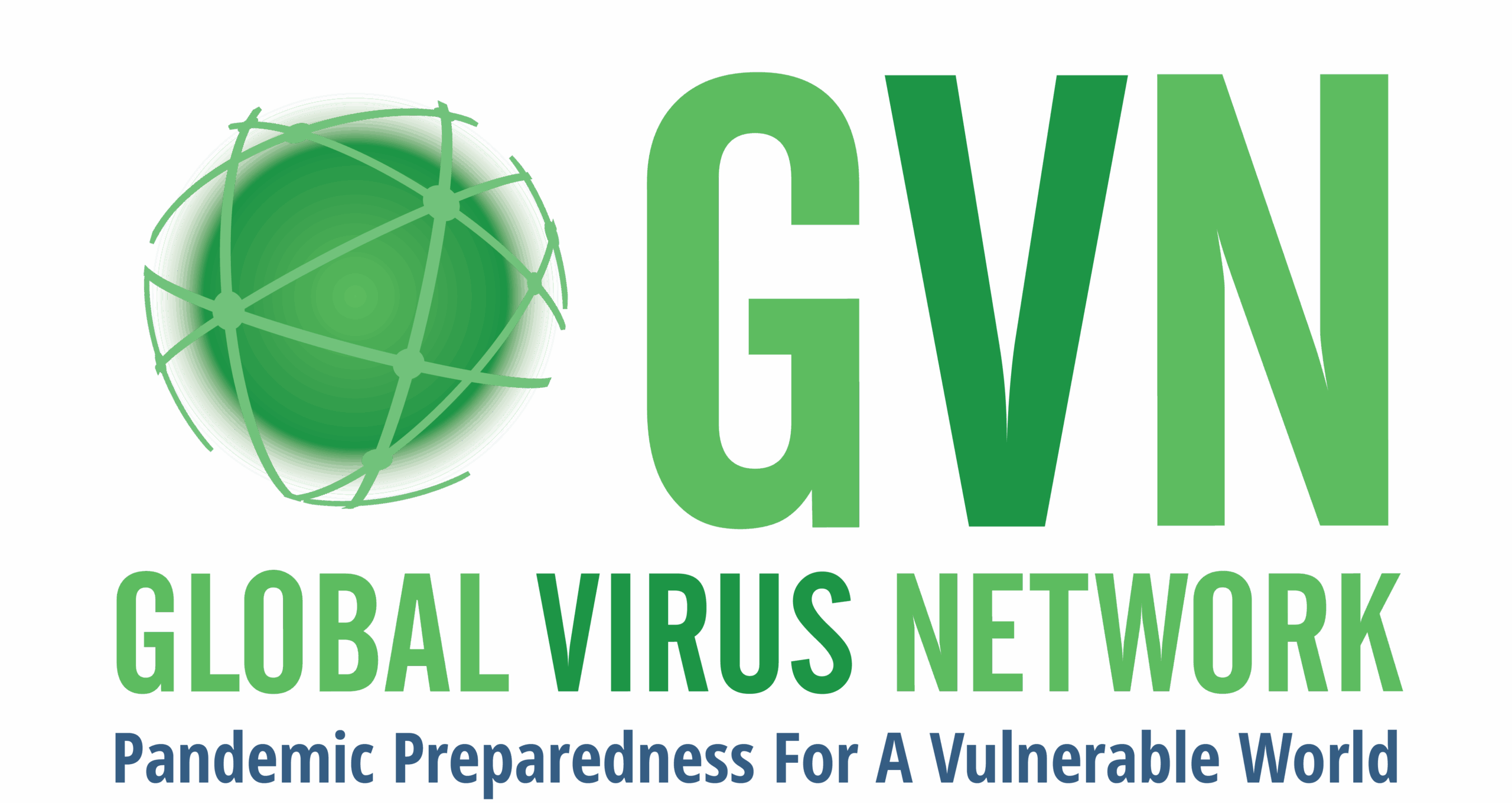Beta (B.1.351)
Background
- The variant known as Beta, or B.1.351, was first detected in South Africa
- This variant emerged with an unusually large number of mutations in South Africa.
- As the variant spreads faster than other earlier variants of the virus, the variant may be driving the second wave of the pandemic in the country.
- This variant is spreading globally (at least 48 different countries).
- The variant was detected in at least 23 states in the U.S (a total of 143 cases).
- Notable mutations: N501Y, K417N, and E484K in the receptor binding domain of spike protein, which can enhance its affinity to the human ACE2 receptor.
- The E484K mutation might lead to escape from the immune response
Disease Severity
- The variant was associated with in-hospital mortality that was 20% higher in the second wave in South Africa than in the first wave.
Vaccine Efficacy
- With regard to escape from natural immunity, the 501Y.V2 variant showed complete escape from neutralizing antibodies in 48% of convalescent serum samples obtained from patients who had previously had Covid-19.
- In vitro studies have shown that antibodies induced by all available vaccines (Pfizer-BioNTech, Moderna, AstraZeneca-Oxford, Johnson and Johnson, Novavax) yield decreased neutralization activity on this variant in vitro.
- Clinical studies conducted by Novavax, Johnson and Johnson and AstraZeneca have confirmed a decreased efficacy. Specifically, Novavax clinical trials showed 89% efficacy in the UK and 60% efficacy in South Africa. Johnson and Johnson clinical trials showed that the level of protection against moderate to severe COVID-19 infection was 72% in the US, 66% in Latin America and 57% in South Africa, 28 days post-vaccination.
- Currently, AstraZeneca vaccination was halted since clinical trials did not show protection against mild or moderate illness caused by the more contagious virus variant. Overall vaccine efficacy for Covid-19 of any degree of severity more than 14 days after the first dose was 33.5%
- South Africa is considering using Johnson and Johnson vaccine (inexpensive; one dose vaccination; no requirement for freeze storage). Although the vaccine provided 57% efficacy against moderate to severe COVID-19, it provided a better protection (85% efficacy) against severe disease after 28 days post-vaccination
Therapeutic Efficacy
- Most of the front-running antibody therapies for Covid-19 have shown to decrease in efficacy to the South African variant.
- This has led to combine various monoclonal antibodies; as an example Casirivimab and imdevimab antibody cocktail (Regeneron) seems to be effective against the South African variant. Evaluation of susceptibility of variants identified through global surveillance and in subjects treated with bamlanivimab is ongoing. Pseudovirus harboring the E484K substitution had reduced susceptibility to bamlanivimab. E484K reduced bamlanivimab neutralization >2000-fold. Many more studies are needed to clarify these points.
Diagnostic Efficacy
- The current molecular tests detect most of the variants and thus are able to diagnose COVID-19 infection by such variants. Yet, the fine identification of the type of variants is still based on sequence analysis although multiplex PCR test are being evaluated.
- Indeed, the current variants of concern show distinctive mutations in the spike protein. Due to such mutations, most diagnostic tests for COVID-19 have been designed by targeting not only the spike protein but also other conserved proteins. For example, molecular tests designed to detect multiple SARS-CoV-2 genes (i.e., multiplex reverse transcription polymerase chain reaction targeting ORF1ab, N, and E genes) are less susceptible to the effects of genetic variation than tests designed to detect a single gene. The FDA is also monitoring the potential effects of genetic variation in molecular tests that have received Emergency Use Authorization and provides information about the tests.
- Overall, the precise characterization of the variants still relies on genomic sequencing analysis. For instance, CDC is currently increasing sequence surveillance to more than 6000 samples per week to efficiently monitor the variants of concerns and other emerging variants. COVID-19 caused by variants in the U.S. can be found here
Publications
- Serum Neutralizing Activity Elicited by mRNA-1273 Vaccine
NEJM, March 17, 2021 - Efficacy of the ChAdOx1 nCoV-19 Covid-19 Vaccine against the B.1.351 Variant
NEJM, March 16, 2021 - SARS-CoV-2 501Y.V2 (B.1.351) elicits cross-reactive neutralizing antibodies
BioRxiv, March 11, 2021 - Evidence of escape of SARS-CoV-2 variant B.1.351 from natural and vaccine induced sera
Cell, February 23, 2021 - mRNA vaccine-elicited antibodies to SARS-CoV-2 and circulating variants
Nature, February 10, 2021 - Sixteen novel lineages of SARS-CoV-2 in South Africa
Nature Medicine, February 2, 2021 - SARS-CoV-2 501Y.V2 escapes neutralization by South African COVID-19 donor plasma
BioRxiv, January 19, 2021
News
- Why South Africa Is Putting The AstraZeneca Vaccine On Hold
NPR, USA, February 8, 2021
